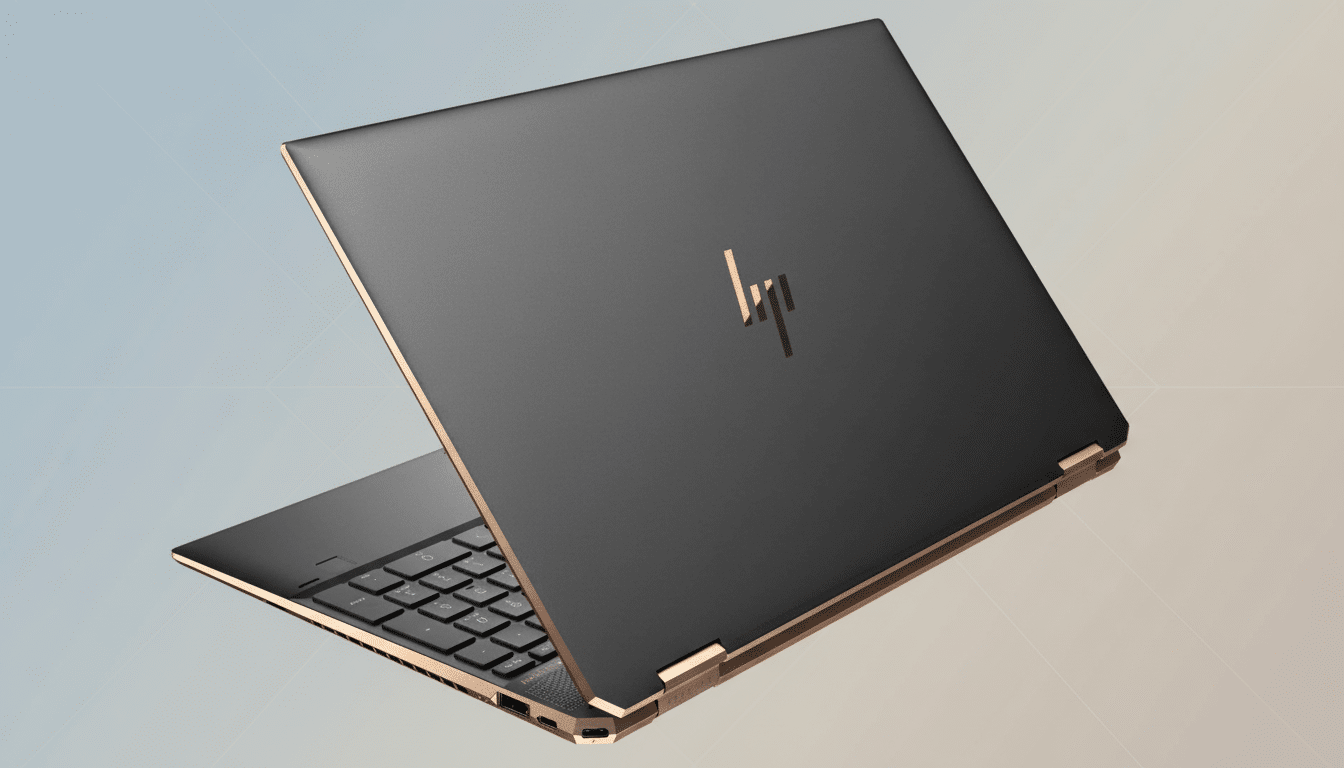Apple’s long reign as the world’s most satisfying computer-maker has ended. In the latest edition of the American Customer Satisfaction Index report, HP is topping its own category with a score of 83 on a 100-point scale, and nudging just ahead of rivals Apple and Dell, who are tied at 82. The category includes laptops, desktops and tablets, so it provides a good overview of how much consumers like their everyday computing gear.
The index points out that HP’s ranking is a mix of perceived quality and value, an equation that can be tough in a market with premiums on design and prices on components going up. Apple’s ranking fell back a notch from live ranking (as it were), the report says, but HP lost ground, too, just enough to stay behind.

How HP edged ahead
ACSI attributes HP’s combination of durable build and strong set of features with competitive pricing for the success. That story of value comes across in premium consumer lineups, such as Spectre and Envy, among other consumer-friendly and business-focused ProBook and EliteBook lines. For a lot of buyers, especially above the ultra-premium tier, consistency across configurations and no-shortcuts warranties can be more important than brand cachet.
Another factor: breadth. HP competes from entry-level Chromebooks to gaming rigs and workstation-class laptops, which provides more opportunity to live up to expectations at various price points. That wide portfolio may make it easier to raise overall satisfaction, whether or not every product is a headliner.
Apple slips, but remains near the top
Apple still has a healthy score, and it’s still near the top, but the slip is notable considering its industry-leading position with customers. The index doesn’t say why. Analysts frequently cite the balance of value perceptions, service interactions and post-purchase support as levers that could move satisfaction figures rapidly — particularly as prices continue to inch ahead throughout the industry.
It’s also a good reminder that satisfaction isn’t just about headline performance. Even those customers who adore their hardware can be frustrated by the repairs, replacement timelines or the obstacles to getting help that works when something goes wrong.
Where rivals landed
Dell is the only large company to show improvement year over year in the ACSI, climbing to 82 from 80. Samsung ranks second with a score of 81, followed by Lenovo with 79 and Amazon with 78. Asus and Microsoft are deadlocked at 76 and Acer closes the list at 75. The tight cluster underscores how competitive those rankings are, with small shifts in support or pricing capable of moving the needle.
The way the scores are calculated is key here: rather than evaluating just spec sheets, ACSI scores are based on the overall consumer experience. That’s good news for brands that provide a predictable setup process, clear documentation and easy warranty service, not to mention the performance and style that enthusiasts are looking for.

Support is the weak link — and an opportunity
The lowest-rated element of the CUX in the index is that of call centers, for which an index score is reported at 78. That gulf is particularly stark because live support is frequently what makes a customer remember a brand, especially when troubleshooting or returns are in play. ACSI says well-informed and helpful representatives can increase overall satisfaction and foster loyalty.
For the PC makers, that’s a few pretty obvious items on the to-do list: Tighten the process of handing customers off between chat, phone and in-store support; give agents more capabilities to resolve common issues on the fly; keep replacement parts or factory-calibrated repairs from growing into derailments of uptime. The brands that get this right are going to see scores shift more than any one piece of spec bump would allow.
What the overall index reveals
ACSI’s latest draw spans beyond PC land, into the orbit of adjacent consumer tech. For televisions, it’s Samsung with 83, just ahead of Hisense and Vizio at 82, LG and TCL at 81 and Sony at 80. Samsung and Whirlpool are tied at 82 for major appliances, LG follows with an 81 and Bosch, Electrolux and Haier are packed together at 80 for the industry.
Vacuums, rated for the first time, placed Samsung on top with 82, followed by Shark with 81; Bissell and Dyson with 80; Roomba with 78; Dirt Devil and Eureka with 77; and Electrolux and Hoover with 76. In the category listings, televisions score the highest, with an average rating of 82, and those damn-fool computers and useless major home electronics are tied at 81, suggesting that broadly speaking fairly high satisfaction across the broad household appliances and consumer technology are outstripping many of the most personal service industries.
How ACSI measures satisfaction
The American Customer Satisfaction Index, based in Michigan, is based on tens of thousands of completed surveys by randomly selected consumers contacted by email. The model compares factors like perceived quality, value, setting of expectations, and complaint resolution to determine how effectively brands satisfy customer need over time.
What this means for buyers
And HP’s ascension to the top is proof that value and reliability have the power to echo as loudly as design and raw speed. Apple and Dell continue to be strong bets when it comes to overall satisfaction, but the difference between leaders is small. If you’re indeed shopping, let’s talk service policies, warranty options and how a brand takes care of you after you’ve checked out — because that’s where satisfaction is most likely gained or lost.

